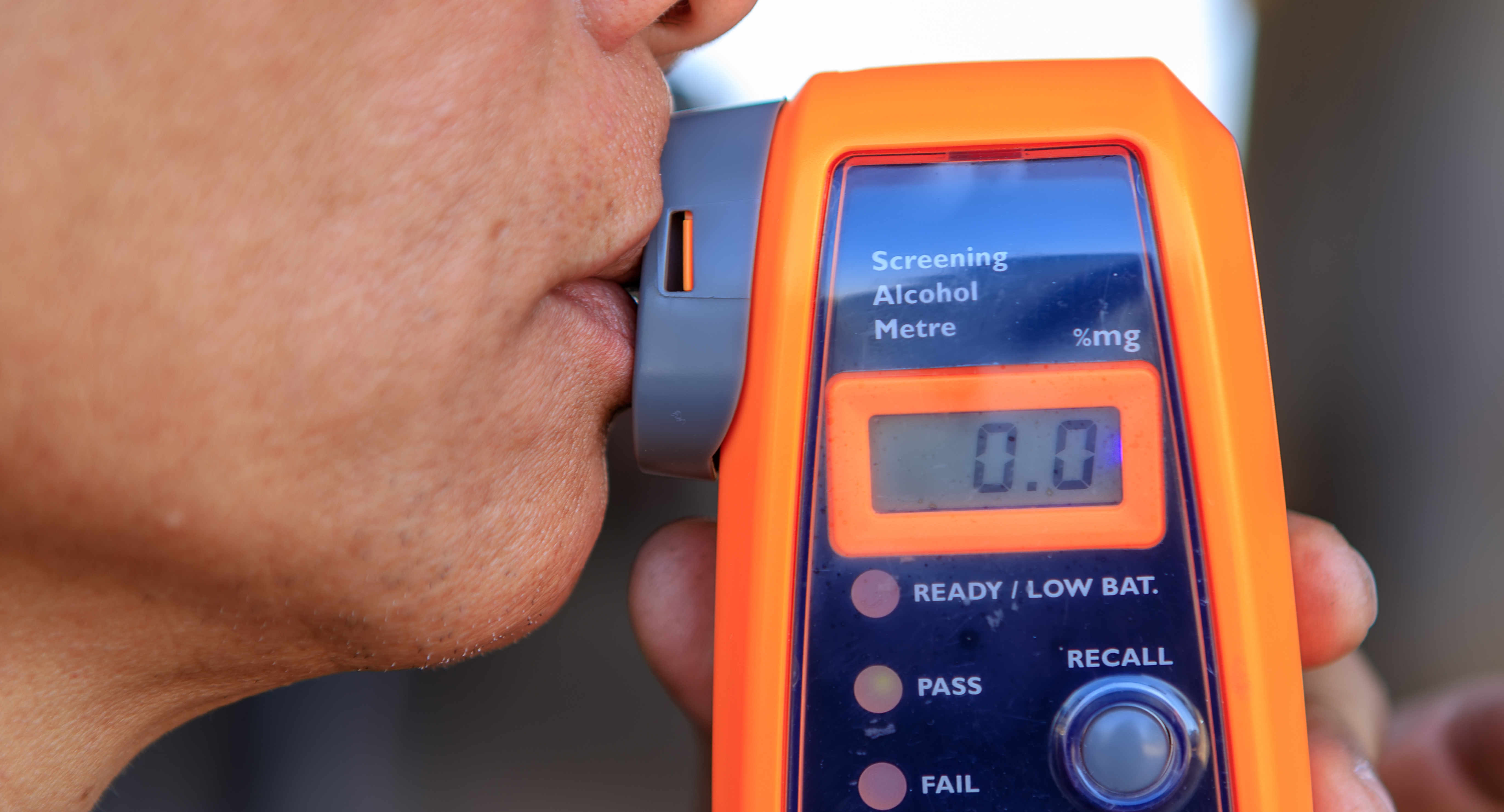Aggravated assault with a deadly weapon is treated as a serious crime in Texas, and defendants will usually be charged with a second-degree felony. Some factors can enhance the charge into a first-degree felony.
Punishments include lengthy prison sentences ranging from between 2 and 99 years depending on the level of the charge, and fines of up to $10,000.
What is Aggravated Assault With a Deadly Weapon in the Texas Penal Code?
The Texas Penal Code section 22.02 defines assault as “intentionally, knowingly, or recklessly” causing bodily injury to another, including the person’s spouse. Aggravated assault is when an assault “causes serious bodily injury to another.”
Aggravated assault with a deadly weapon is when a person “uses or exhibits a deadly weapon during the commission of the assault.”
According to the Texas Penal Code, a deadly weapon is defined as:
- A firearm or anything designed, made, or adapted for the purpose of inflicting death or serious bodily injury
- Anything that in the manner of its use or intended use is capable of causing death or serious bodily injury
This means that an impromptu weapon such as an iron bar, for example, can be considered a deadly weapon if it was used during an assault.
Additionally, specific weapons are also listed in Chapter 46 of the Texas Penal Code. They include all of the following:
- Club
- Blackjack
- Nightstick
- Mace
- Tomahawk
- Explosive weapon
- Firearm
- Handgun
- Location-restricted knife
- Knife
- Machine gun
- Short-barrel firearm
- Armor-piercing ammunition
- Hoax bomb
- Chemical dispensing device
- Zip gun
- Tire deflation device
Penalties for Aggravated Assault With a Deadly Weapon in Texas
All assault charges come with hefty punishments in Texas, however, the severity will vary depending on the specifics of each circumstance. Let’s take a look at what a defendant can expect if they’ve been charged with assault with a deadly weapon in Texas.
Usually, assault with a deadly weapon is classified as a second-degree felony.
Second-degree felonies are the third-most severe crimes in Texas, and the consequences are serious and lasting.
Defendants can expect to face a minimum of 2 years and a maximum of 20 years in jail. Additionally, a fine of up to $10,000 can be imposed.
The collateral consequences of second-degree felonies include a negative impact on career and employment opportunities, difficulties in getting loans, certification, education, and housing, and financial hardship.
First Degree Felony
There are certain factors that can enhance the offense into a first-degree felony. First-degree felonies are the second most severe crimes in Texas, topped only by capital felonies.
A first-degree conviction in Texas is punishable by a minimum of 5 years, and a maximum of life imprisonment. Additionally, convicts may be fined up to $10,000, be stripped of their right to vote, and have their right to own or possess firearms revoked.
Any previous felonies can increase the minimum 5-year jail sentence to 15 years.
The following factors affect the level of charge for aggravated assault with a deadly weapon.
Domestic Assault
If the defendant uses a deadly weapon during the commission of an assault and causes serious bodily injury to a person who is related to the defendant, the charge will be enhanced into a first-degree felony.
Note that you don’t have to be blood-related for this enhancement to take place. The Family Code chapter of the Texas Penal Code lists several types of relations including:
- Dating partners
- Family member
- A member of the household – including a person who previously lived in the household
- Parent of child
- Former spouse
- Spouse
Assault by or Against a Public Servant
If the assault was committed by a public servant, or if the assault was against a public servant, for example, a city counselor or state worker during their official service, then the offense would be considered a first-degree felony.
Assault Against an Informant
An assault against a witness, a prospective witness, an informant, or someone who reported a crime, will be considered a first-degree felony.
Discharging a Firearm from a Vehicle
If the defendant knowingly discharges a firearm at or in the direction of a home, a building, or a vehicle, is reckless to whether the destination is occupied, and in doing so causes serious bodily injury, this offense would be considered a felony of the first degree.
How Aggravated Assault Conviction Can Affect Your Future
The punishments for aggravated assault convictions are severe, and the negative consequences of such a conviction last beyond the jail time and the initial financial hit of a fine.
Being convicted of a felony, let alone a first or second-degree felony, remains on your criminal record. This means that every time you apply for a job position, a loan, accommodation, and even some professional licenses, your conviction will come up during a background check.
A felony conviction can cause financial hardship as well as isolation from peers and former friends. You can lose your right to vote, your right to own or possess firearms, and be stripped of professional certifications.
That’s why if you or someone you care about is facing these charges, it is imperative that you speak to an experienced criminal defense lawyer as soon as possible so that together you can fight for the best outcome.
Defenses to Aggravated Assault With a Deadly Weapon Charge in Texas
An experienced defense attorney can explore all of the details and circumstances of the crime to look for evidence that may help your defense case. There are some extenuating circumstances that according to Texas law can be a defense against aggravated assault with a deadly weapon.
Self-Defense
Texas law makes clear that a person is justified in using force against another when they believe it is immediately necessary to protect themselves against another’s use of unlawful force. For example, if you acted out of self-defense against someone who was attempting to unlawfully and with force enter your home or vehicle, or if they were committing robbery.
Lack of a Deadly Weapon
If you can provide irrefutable evidence that a deadly weapon was not used during the commission of the assault, the charge may be significantly reduced and the outcome improved.
Mistaken Identity
If it can be proven that you are not the person who committed the assault and that you have been misidentified, then there is a chance the case can be dismissed.
Insufficient Evidence
Prosecutors must provide evidence that the defendant was responsible for the assault. Said evidence can include eyewitnesses and forensic evidence. Without solid evidence, it may be difficult for prosecutors to carry on with the case.
Unaware That the Victim Was a Public Servant
Assault charges become enhanced if the offense is committed against a public servant or a security officer, however, for this to happen, the state must prove that you knew the victim was a public servant. The Penal Code states that you are presumed to have known the person was a public servant or security officer if they were wearing a distinctive uniform or badge.
Consent
In certain circumstances, assault, aggravated assault, and deadly conduct may be defensible if you were given the victim’s effective consent, or if it was reasonable for you to believe that the victim consented to your conduct, if:
- The conduct did not threaten or inflict serious bodily injury, or
- The victim knew that the conduct was a risk of their occupation, recognized medical treatment, or a scientific experiment by recognized methods.
The Best Strategy if Charged With Aggravated Assault With a Deadly Weapon in Texas
An aggravated assault conviction can seriously and negatively impact a person’s life and put their entire future in jeopardy. If you, or someone you care about, have been charged with assault, the best thing you can do is contact an experienced attorney immediately.
Don’t risk your future by hiring the wrong lawyer. An attorney that doesn’t have enough experience in defending assault charges may end up costing you more, and you may still end up with the worst outcome.
At Michael & Associates, we have almost a decade’s worth of experience in criminal defense, and we’ll fight to get you the best outcome. Get in touch today for your free case review.




